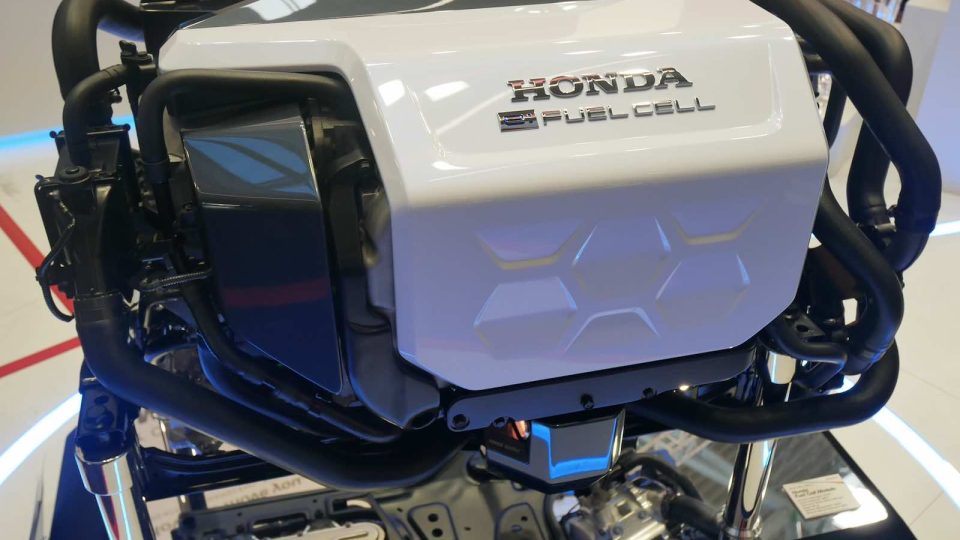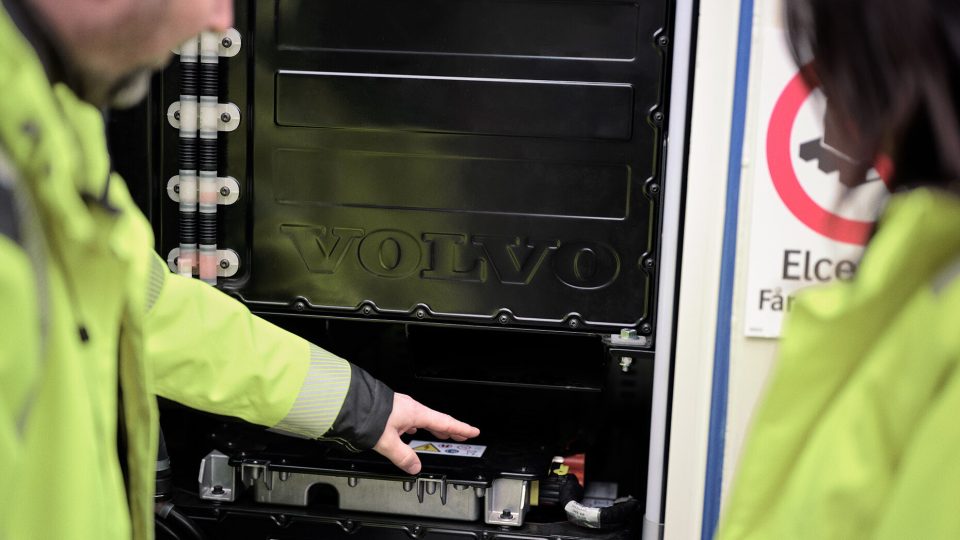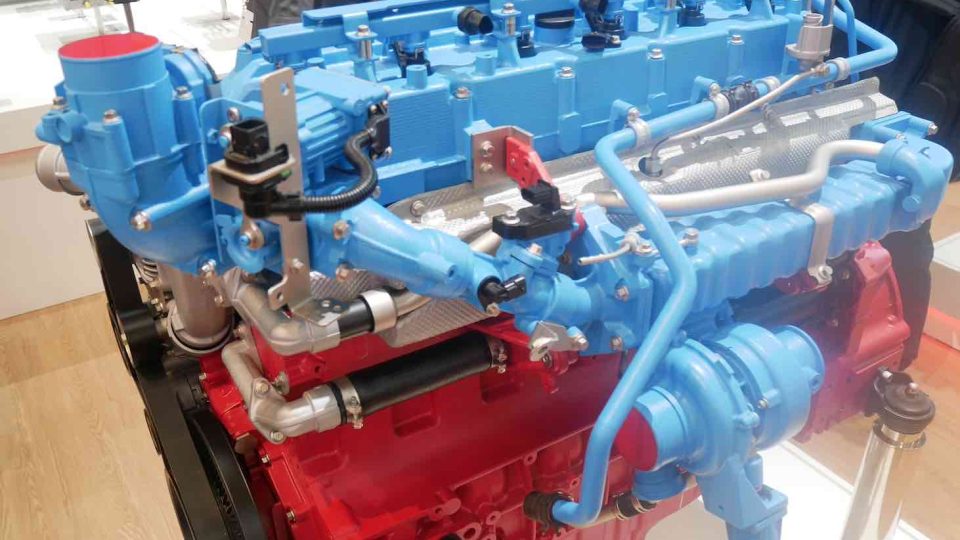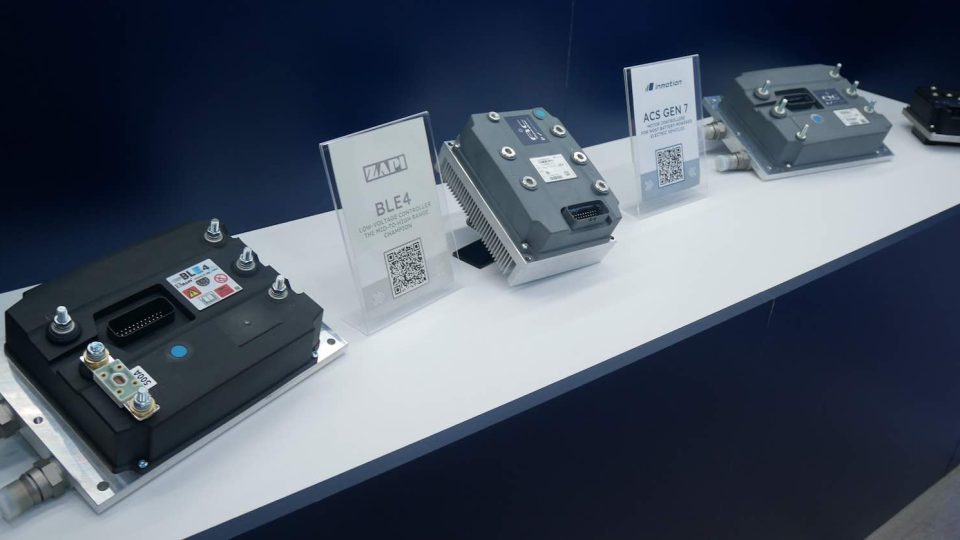NSK to release new ball bearings for electric and hybrid vehicle engines
The new NSK ball bearings have been specifically developed in order to enable electric and hybrid vehicle engines to reach very high speeds. Let’s go deeper into purely technical aspects by saying that, in addition to increasing the engine speed, the bearings reduce energy consumption per distance travelled, thereby increasing battery autonomy. As a matter […]
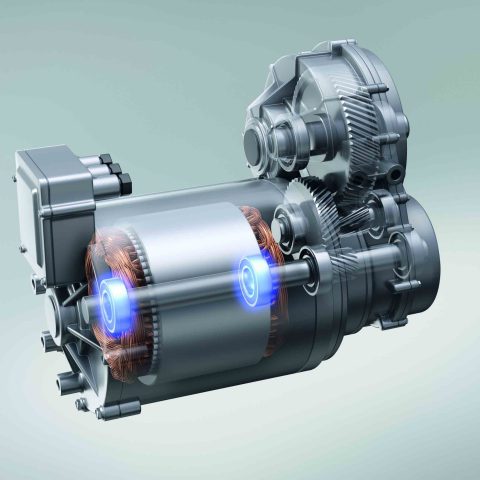
The new NSK ball bearings have been specifically developed in order to enable electric and hybrid vehicle engines to reach very high speeds. Let’s go deeper into purely technical aspects by saying that, in addition to increasing the engine speed, the bearings reduce energy consumption per distance travelled, thereby increasing battery autonomy.
As a matter of fact, quite a relevant part of the research on so-called alternative propulsion deals with such aspects, strongly related to the issue of battery autonomy, one of the most crucial right now.
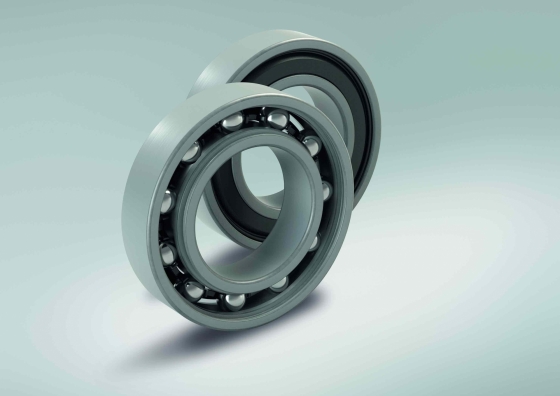
NSK lists some possible problems in electric and hybrid vehicle engines
NSK, a primary manufacturer of ball bearings, informs us that «bearing rotation during high speed operation can cause grease deterioration due to high temperatures, resulting in bearing seizure/failure. High speeds can also lead to the bearing cage being deformed/destroyed by centrifugal force».
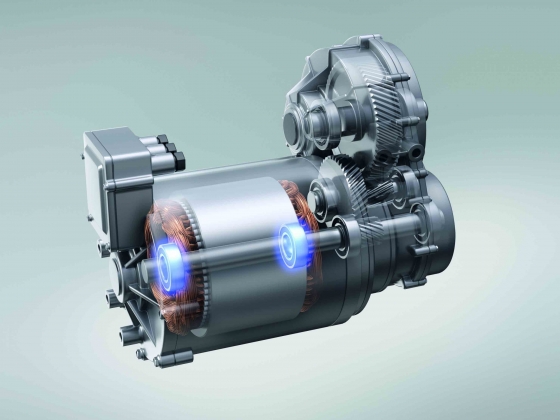
A next-generation grease
To counteract this type of problem, NSK specialists has developed a special grease that reduces heat generation at high speeds, thus extending the life not only of the grease but also of the bearing itself and reducing the risk of seizure.
Some very concrete data: according to the manufacturer, «proprietary NSK grease and newly developed cage enable bearing operation at dmN1 = 1.4 million (e.g. 35 mm bore diameter bearing at 30,000 rpm)».




